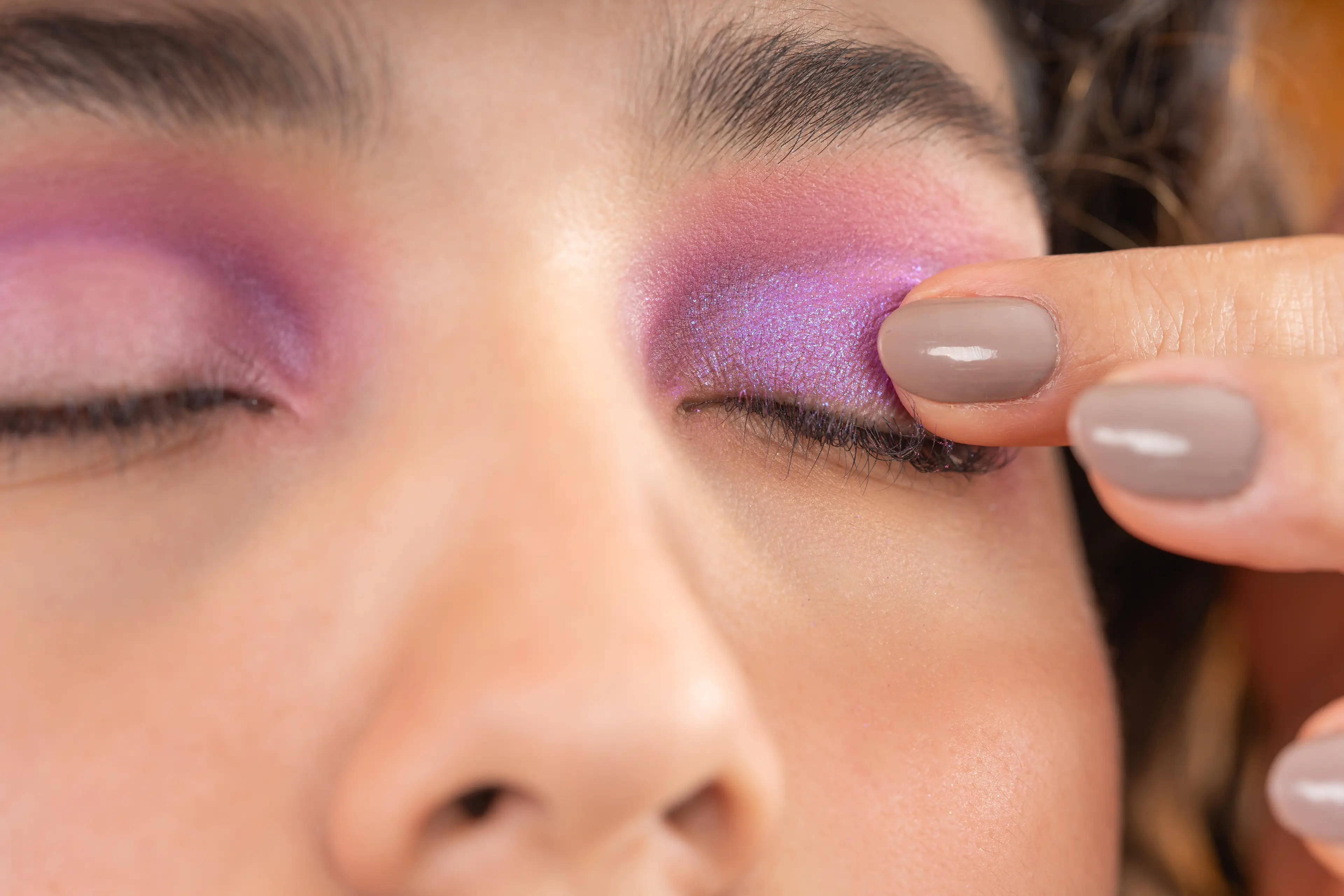
A warning has been issued to people who suffer from itchy skin when wearing makeup, as it could actually be a sign of a condition that's often overlooked.
One of the worst feelings is when you're trying to get all glam and apply your products, but your skin just isn't cooperating.
It can be incredibly frustrating when you have a whole makeup look planned out, but you're left clawing at your skin because it makes you feel itchy, sometimes even forcing you to remove it.
Although some people simply have sensitive skin, others may be suffering from a condition called allergic contact dermatitis.
Advert
The NHS website outlines that the first time you come into contact with an allergen, your body becomes sensitised to it, but does not react to it.
It's only when you're exposed to the substance again that your immune system reacts, causing the skin to become red and itchy.

Cosmetic ingredients such as preservatives, fragrances, hair dye and nail varnish hardeners are among the list of allergens that commonly cause Allergic Contact Dermatitis.
If a GP has diagnosed you with contact dermatitis, then they'll try to identify what has triggered your symptoms.
And sadly, it might be your favourite foundation or your brand new eyeshadow palette.
What are the symptoms of allergic contact dermatitis from makeup?
According to Advanced Allergy Services, doing so can be quite difficult because symptoms often appear days after exposure.
The symptoms to look out for are:
- Red, itchy, and inflamed skin
- Swelling and tenderness
- Dry, scaly, or cracked skin
- Blisters or oozing in severe cases
- Delayed reaction, appearing 24 to 72 hours after exposure
According to the expert website, symptoms typically occur in areas where the product was applied, such as the eyelids, lips, or cheeks, indicating which product is causing the issue.
However, the only way to determine the exact allergen is through patch testing. This process involves applying tiny amounts of potential allergens to patches, which are then attached to your back or upper arms for about 48 hours.
The patches are then removed, and the skin is examined for a reaction.

While allergic contact dermatitis is largely harmless, if it becomes infected, then it could potentially turn into something serious, like sepsis.
The NHS says symptoms of an infection is discharge from your skin, increasing pain, and generally feeling unwell. They advise you to seek emergency treatment if you experience any of these signs.
How to prevent allergic contact dermatitis from makeup
If you find yourself in the unfortunate situation of an allergic reaction, there are a few things you can do to try to prevent it from happening again.
Allergist Sandra Hong, MD, told Cleveland Clinic: "First and foremost, you want to avoid that product going forward.
“Focus on products that are very simple in their ingredients and that don’t have any sort of fragrance, since that’s such a major issue for so many people."
The expert added: "It’s always best to focus on hypoallergenic or fragrance-free products."
Hypoallergenic simply means a product contains few allergens; however, there’s no agreed-upon scientific or legal definition of the term, which is why it's important to do your own research on what you're putting on your skin.